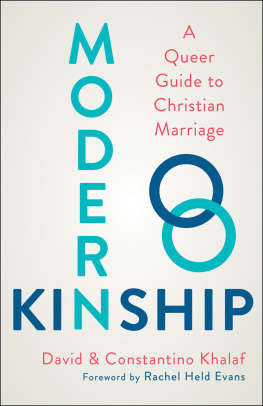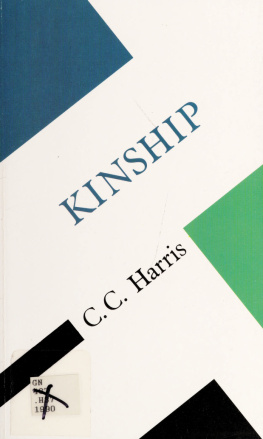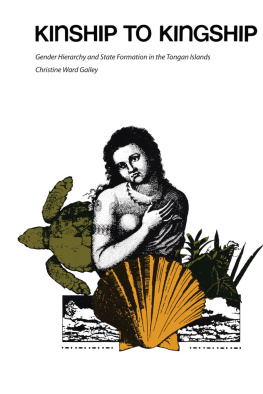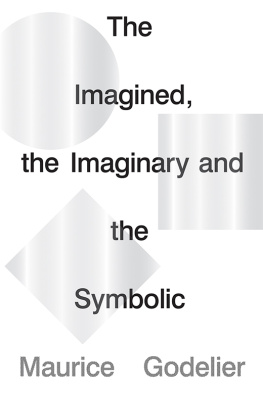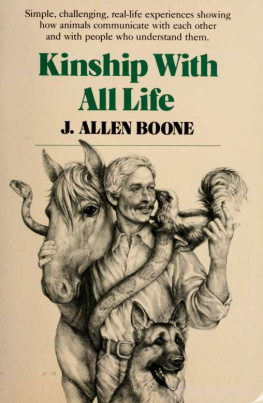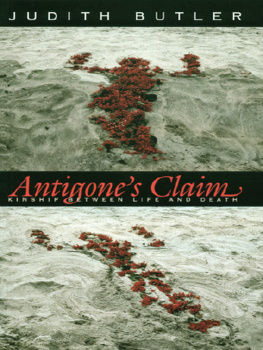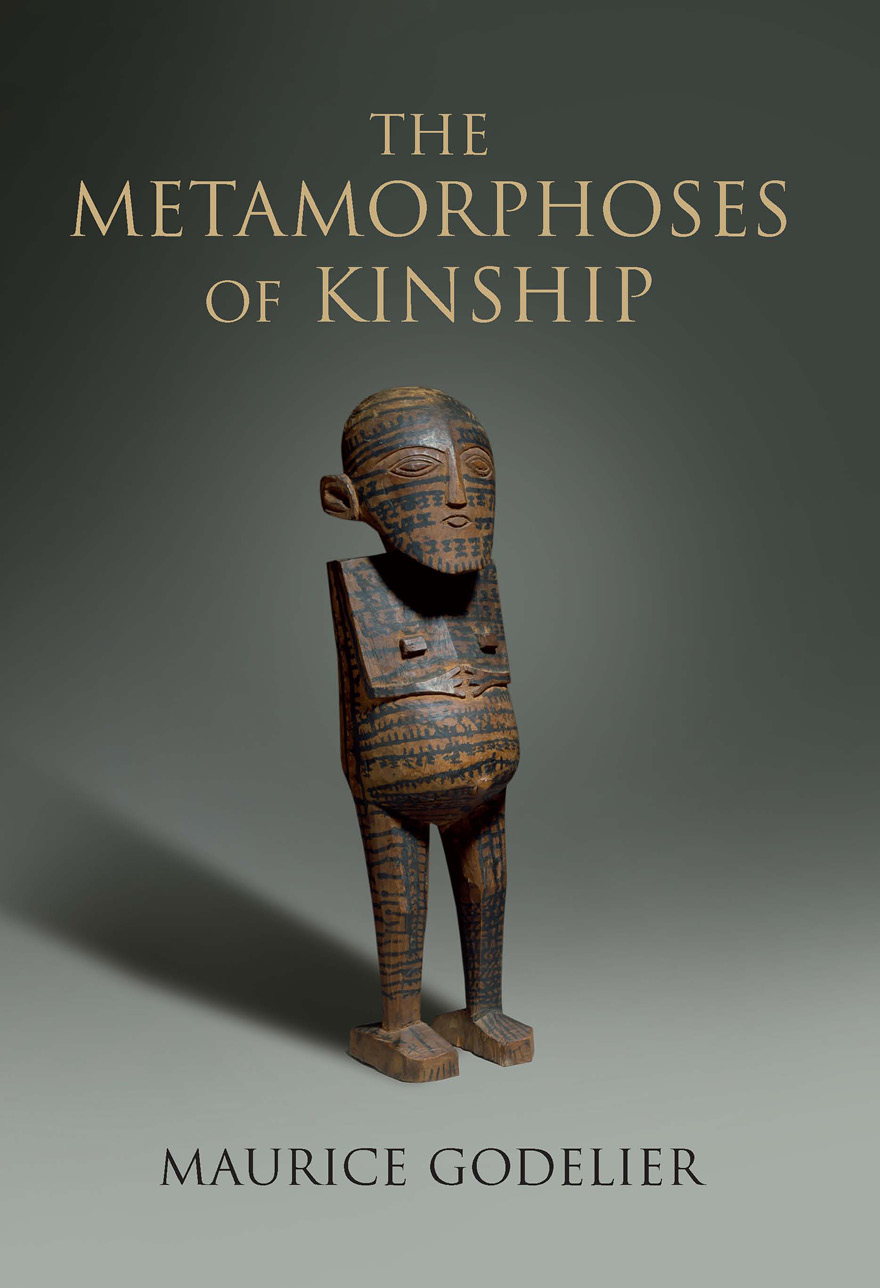
The Metamorphoses of Kinship
Maurice Godelier
TRANSLATED BY NORA SCOTT

Many thanks to the corporate foundation EISAI
First published in English by Verso 2011
Verso 2011
Translation Nora Scott 2011
First published as Mtamorphoses de la parent
Librairie Arthme Fayard 2004
All rights reserved
The moral rights of the author have been asserted
1 3 5 7 9 10 8 6 4 2
Verso
UK: 6 Meard Street, London W1F 0EG
US: 20 Jay Street, Suite 1010, Brooklyn, NY 11201
www.versobooks.com
Verso is the imprint of New Left Books
Epub ISBN-13: 978-1-84467-895-2
British Library Cataloguing in Publication Data
A catalogue record for this book is available from the British Library
Library of Congress Cataloging-in-Publication Data
A catalog record for this book is available from the Library of Congress
Typeset in Minion by Hewer UK Ltd, Edinburgh
Printed in the US by Maple Vail
To Lina.
To Alexandre.
Contents
Introduction
The last thirty years of the twentieth century witnessed an upheaval in family relations and in ideas about the family. We also saw profound mutations in peoples lives I am thinking first of all of the lives of the millions of individuals of both sexes, of all ages and conditions, who make up the traditionally Christian, capitalist and democratic societies of the Western world, and who will be our principal reference here. These mutations have reshaped the practices, mental outlooks and institutions that define what are known as kinship relations between both individuals and the groups engendered by these relations: nuclear families, what are mistakenly called extended families, kindred, and so forth.
Several facts testify to this transformation, including the sharp decline in marriages and the even sharper rise in the number of separations and divorces, resulting in the appearance and multiplication of single-parent families, recomposed families, etc. But if the conjugal tie is proving increasingly fragile, the parents desire to continue to shoulder their child-raising responsibilities, even after separation and divorce, is nevertheless a social fact that is constantly and strongly asserted. It is an aspect and one of the effects of the tendency to value childhood and children that emerged in Western Europe in the nineteenth century and became fully fledged by the mid twentieth. In short, among the metamorphoses of the conjugal family, if the marriage axis has weakened, the axis of filiation is still solidly in place.
But filiation itself is likely tomorrow to be no longer what it was yesterday, and defining it has already been made more complex by recent discoveries in biology and the development of new reproductive technologies. Whereas it used to seem a matter of common sense to say that, while paternity may always be open to doubt, there can be no doubt about who the mother is she is the woman who carried the child in her womb and brought it into the world nowadays this may no longer be the case. Today, it is possible to transfer an egg fertilized in the body of one woman into the uterus of another woman, where it will continue to develop until the child is born. Whereas formerly, in our societies, the woman who gave birth to a child was perceived as being both the childs genetrix and its mother, as it becomes possible artificially to separate these three naturally indivisible stages fertilization, gestation and parturition the question arises of what, for the child born under these conditions, are the various women who, one after another, contributed to its birth? Generally speaking, because of the importance our culture places on the biological aspect of kinship relations and the genealogical representation of these ties, the question usually comes down to asking: which of these women is the real mother?
For if all these transformations which sometimes lead in opposite directions have deeply altered the world of kinship, they have not yet shaken an axiom that, in Europe, has for centuries been the basis of its definition and representation, namely: that kinship is fundamentally a world of both biological and genealogical ties between same-sex or opposite-sex individuals of the same generation or of different generations following in time.
Nevertheless, for some twenty years now, formerly prohibited and repressed unions have emerged into broad daylight and been more or less tacitly accepted by public opinion. Furthermore, these unions are contesting, head-on and for the first time, the genealogical principle that was traditionally seen as the core of kinship: I am talking about homosexual couples. The affirmation and multiplication of such unions has had an impact on family relations as a whole. There are two reasons for this. First, because homosexual couples are demanding legal recognition of their union and that this recognition should allow for a form of marriage. Second, because a minority of these couples wants to go further, demanding the right to raise a family by adopting children engendered outside the couple or by artificial insemination with the help of a more-or-less anonymous sperm donor.
We are thus caught in a paradox. Marriage is increasingly shunned by heterosexuals, while being demanded by homosexuals. Children who, until the appearance of new procreation technologies, owed their birth to sexual relations between men and women who may not have desired children, are now wanted by homosexual couples who, on principle, exclude heterosexual intercourse from their desire. Another paradox for some would be the fact that in homosexual families parenthood may be fully realized simply by becoming a more or less social and affective reality: If a woman can choose to be the father and act accordingly, or a man choose to be the mother and act accordingly, if both choose to be parents apart from any reference to their biological sex, would this not be undeniable proof that parenthood is basically not biological but social, thus confirming a thesis dear to many kinship specialists?
These contemporary developments would once again seem to confirm the pre-eminent role of anthropology when it comes to thinking about kinship, as might be substantiated by the number of jurists, politicians and psychologists who seek out anthropologists to help them better understand the mysteries of modern kinship before intervening in its evolution. But do anthropologists still want, or are they even able, to answer the questions put to them, when the majority ceased to be interested in kinship as far back as the 1980s?
Before examining what has become of their work on kinship, long considered to be a specialist field and the very flower of anthropology, let us step back and look at the principles of our own kinship system.
The Western European system has three components, which combine with each other to constitute the deep structure of kinship relations in our societies, the framework within which the Westerner is born and lives. The first component is the family, which is nuclear and monogamous. The second is the network of families related by consanguinity or affinity. These networks associate individuals of different generations linked mainly by direct or collateral ties of descent on both the fathers and the mothers side. For, in Western societies, one side counts nearly as much as the other, which is why this kinship system is called cognatic. Nevertheless, in so far as it is the father who hands his name on to the children, and other elements of social life pass principally or exclusively through him, we say that our cognatic system has a patrilineal bias. These networks of related families, who associate with each other and whose members feel bound together by ties of solidarity, who help one another and exchange goods and services, are sometimes misnamed extended families. This expression should actually be reserved for groups of kin usually a father and his married sons living under one roof and comprising a single domestic unit, or household, and who also often function as a production unit. These extended families properly speaking existed in various parts of rural France and Europe under the Ancien Rgime, and for a portion of the nineteenth century, but today they have practically disappeared.
Next page

